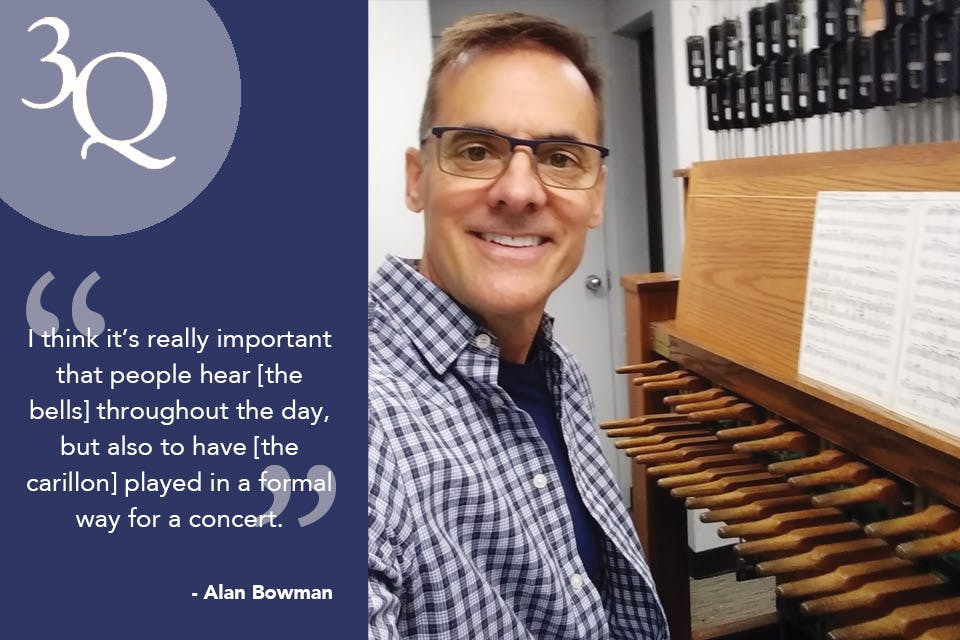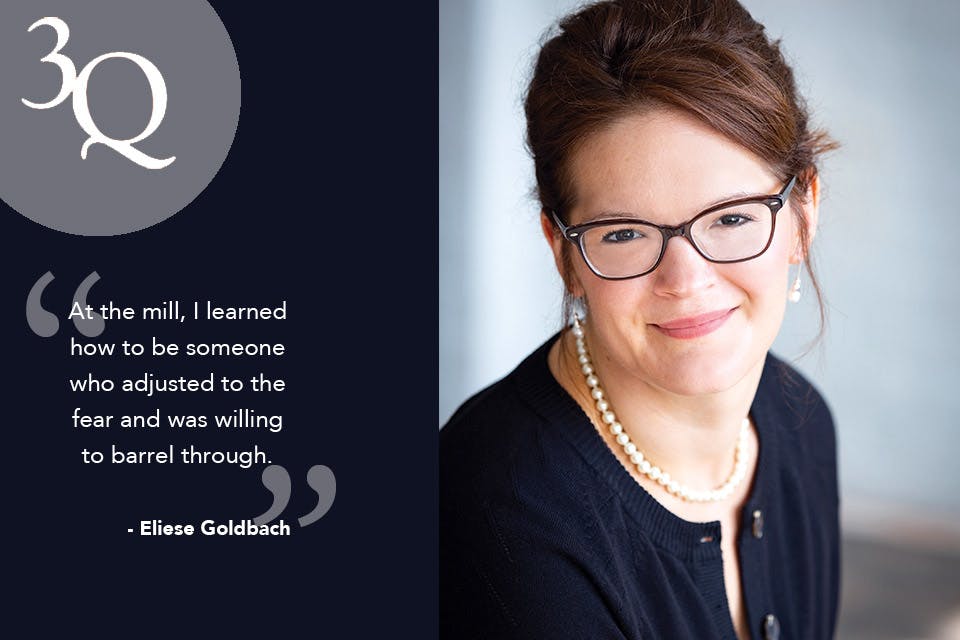Ohio Life
Eliese Goldbach on Writing ‘Rust: A Memoir of Steel and Grit.’
The author spent three years working at Cleveland’s ArcelorMittal plant, which she recounts in her debut book.
Related Articles

Tom Schiff Shares the Story Behind ‘Civic Architecture Across America: Extraordinary Views’
Cincinnati-based photographer Thomas Schiff’s new book contains over 100 panoramic views of our nation’s most beautiful civic buildings. READ MORE >>

Veteran Reporter Gene Kinn Reflects on a Career of Covering Presidents
Gene Kinn talks about meeting nine U.S. presidents over the course of his more than three-decade career in journalism. READ MORE >>

Alan Bowman Plays Dayton’s Historic Deeds Carillon
The Ohioan keeps a centuries-old musical tradition ringing as the carillonneur at Carillon Historical Park in Dayton. READ MORE >>



